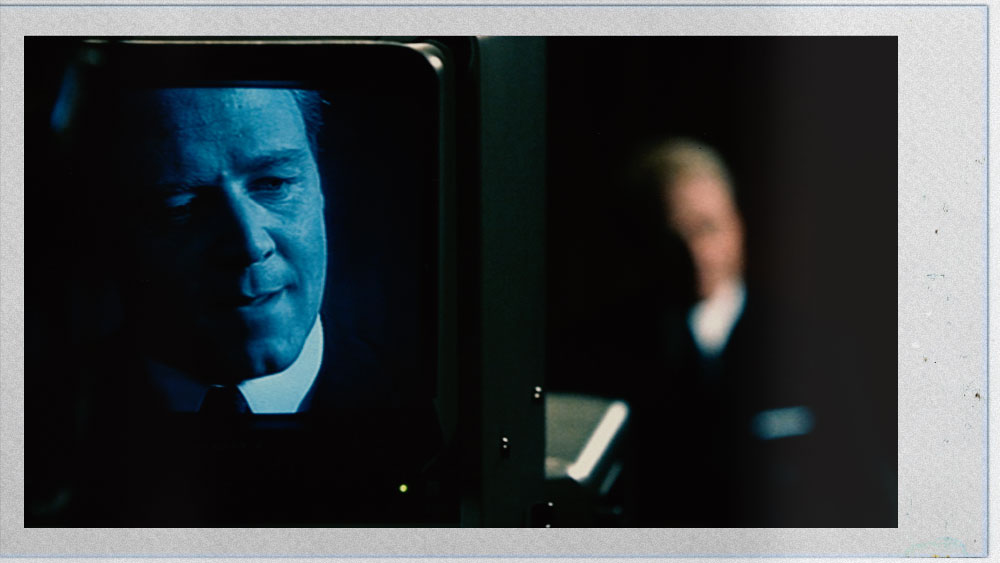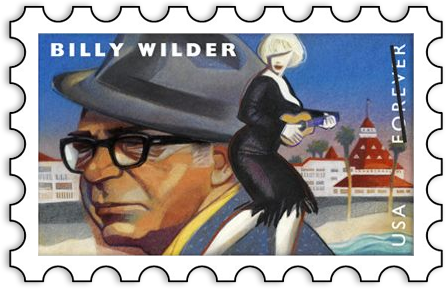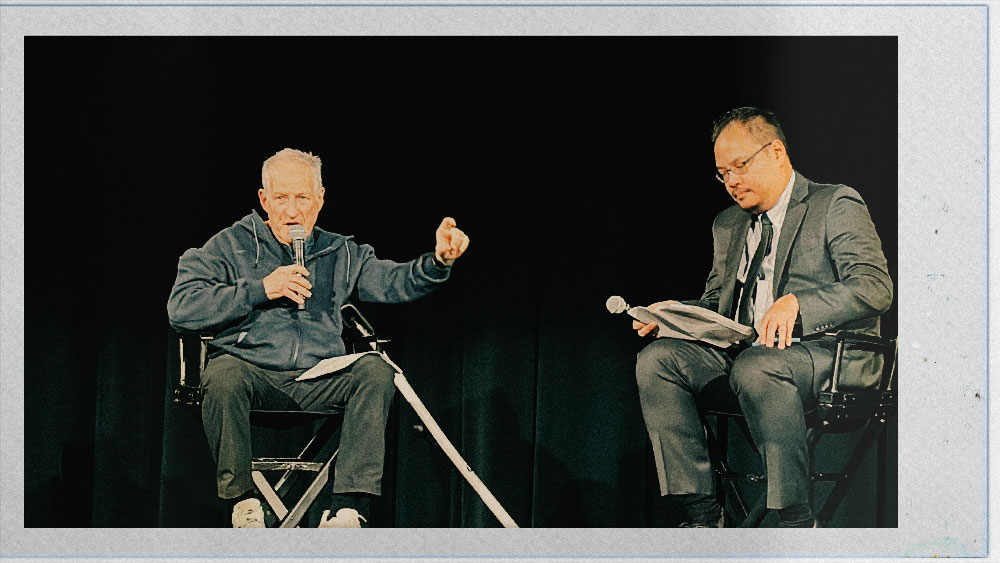
'The Insider' Q&A with Michael Mann and Justin Chang | Dec 2024
Photo Credit: D'Agrivieri Personal Collection
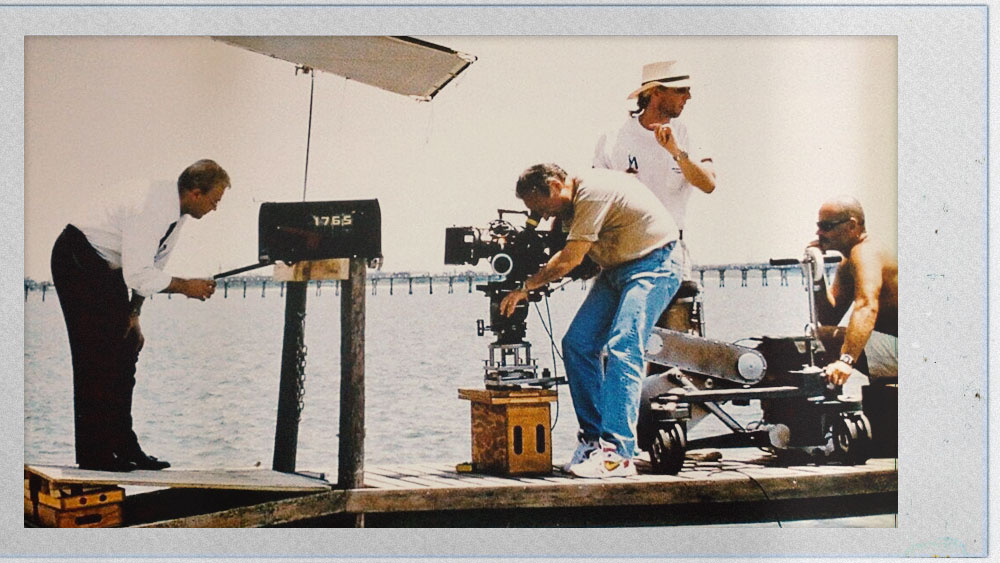
Michael Mann directing Russell Crowe on the set of 'The Insider' | Circa 1998
Photo Credit: Touchstone Pictures
INT. EGYPTIAN THEATRE, HOLLYWOOD – NIGHT
At 81, Michael Mann remains as sharp, articulate, and fiercely committed to his craft as ever. Listening to him dissect his own film, with clarity and intensity, feels less like a casual conversation and more like a seminar in visual storytelling, ethical nuance, and cinematic structure. The crowd leaned in, students of film and fans alike, hanging on his every word.
The Insider–Mann’s immediate follow-up to Heat–is a taut, quietly thunderous David-and-Goliath narrative about truth, power, and the dangerous space between. Based on real events, the film charts the moral and emotional unraveling of Jeffrey Wigand (Russell Crowe), a tobacco industry insider turned whistleblower, and Lowell Bergman (Al Pacino), the 60 Minutes producer determined to bring his story to light.
“You are important to a lot of people, Jeffrey. You think about that, and you think about them. I’m all out of heroes, man. Guys like you are in short supply.”
It’s a story that could so easily veer into melodrama or procedural cliché. But under Mann’s meticulous direction, and with the exquisite visual language crafted in collaboration with longtime cinematographer Dante Spinotti, The Insider becomes something rare: a journalism thriller with the pulse of a psychological drama and the texture of a near-documentary. Mann doesn’t just depict events–he immerses us in the lived experience of moral reckoning, corporate coercion, and journalistic integrity.
Russell Crowe, nearly unrecognizable at the time in his transformation into Wigand, delivers one of the finest performances of his career. His portrayal is interior and deliberate, capturing a man grappling with conscience, fear, and the burden of truth. The scene where Wigand records the now-iconic 60 Minutes interview is a masterclass in restraint and vulnerability. That Crowe wasn’t recognized with an Oscar for this role remains one of the great oversights of that awards season.
And then there’s Al Pacino—subtle, impassioned, and refreshingly understated. As Bergman, Pacino plays a man equally tormented by principle and politics, fighting not just the system but the editorial compromises of the very institution he serves. His performance anchors the film emotionally, and it’s a reminder of his immense range when given the right material.
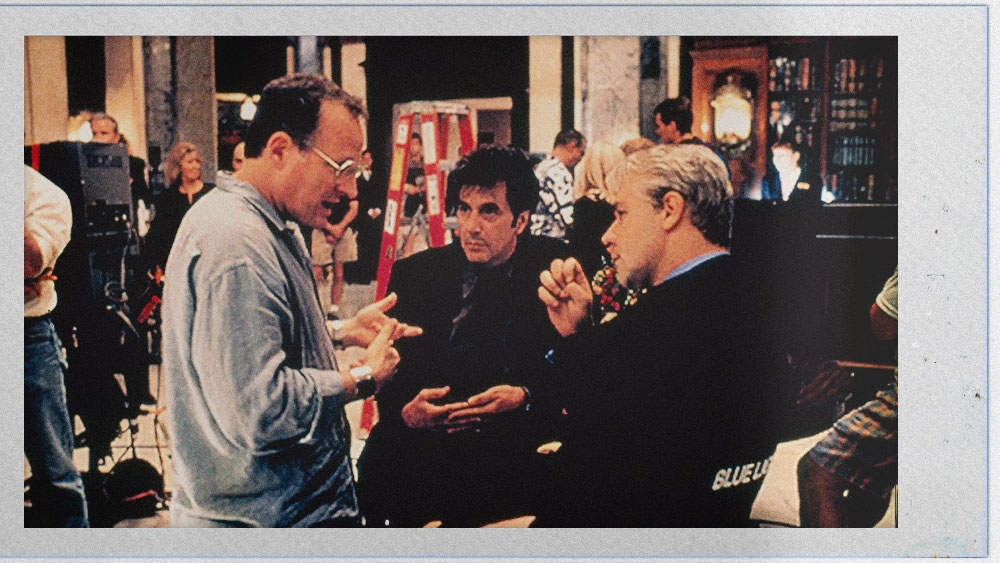
Michael Mann directing Al Pacino and Russell Crowe on the set of 'The Insider' | Circa 1998
Photo Credit: Touchstone Pictures
'The Insider' Screenplay written by Michael Mann & Eric Roth, based on Marie Brenner's article 'The Man Who Knew Too Much'
Script excerpt for educational purposes only
The Insider is also, crucially, a film about the media itself–its power to shape public perception, its internal battles between commerce and conscience, and its role in defining who gets to speak and who gets silenced. That theme resonates even louder today than it did in 1999. Watching the film now, in an era of disinformation, corporate influence, and eroding journalistic independence, it feels more urgent than ever.
Many cinephiles consider 1999 a watershed year–arguably the last great peak before the tides of digital effects, franchise dominance, and IP obsession reshaped the industry. The Insider stands tall among that year’s landmark films, not as a relic, but as a timeless work of art. It’s a reminder that cinema, at its best, can be both intimate and epic, political and personal.
As Mann spoke at the Egyptian, he didn’t just reflect on the making of the film–he spoke to the ethos that drove it: an unwavering commitment to authenticity, to complexity, and to honoring the intelligence of the audience. “You can’t shortchange them,” he said. “You owe them everything.”
And that’s exactly what The Insider delivers. Everything. And more.
The Insider
1999 ∘ Rated R ∘ Runtime 2h 37m
| Al Pacino | . . . Lowell Bergman |
| Russell Crowe | . . . Jeffrey Wigand |
| Christopher Plummer | . . . Mike Wallace |
| Diane Venora | . . . Liane Wigand |
| Philip Baker Hall | . . . Don Hewitt |
| Lindsay Crouse | . . . Sharon Tiller |
| Debi Mazar | . . . Debbie De Luca |
| Stephen Tobolowsky | . . . Eric Kluster |
| Colm Feore | . . . Richard Scruggs |
| Michael Gambon | . . . Thomas Sandefur |
| Gina Gershon | . . . Helen Caperelli |
| Rip Torn | . . . John Scanlon |
Michael Mann
Michael Mann and Eric Roth
Marie Brenner
ieter Jan Brugge, Michael MAnn, Gusmano Cesaretti, Michael Waxman and Kathleen M. Shea
Dante Spinotti
William Goldenberg, David Rosenbloom and Paul Rubell
Brian Morris
Anna B. Sheppard and Christopher Lawrence
All Rights Reserved


